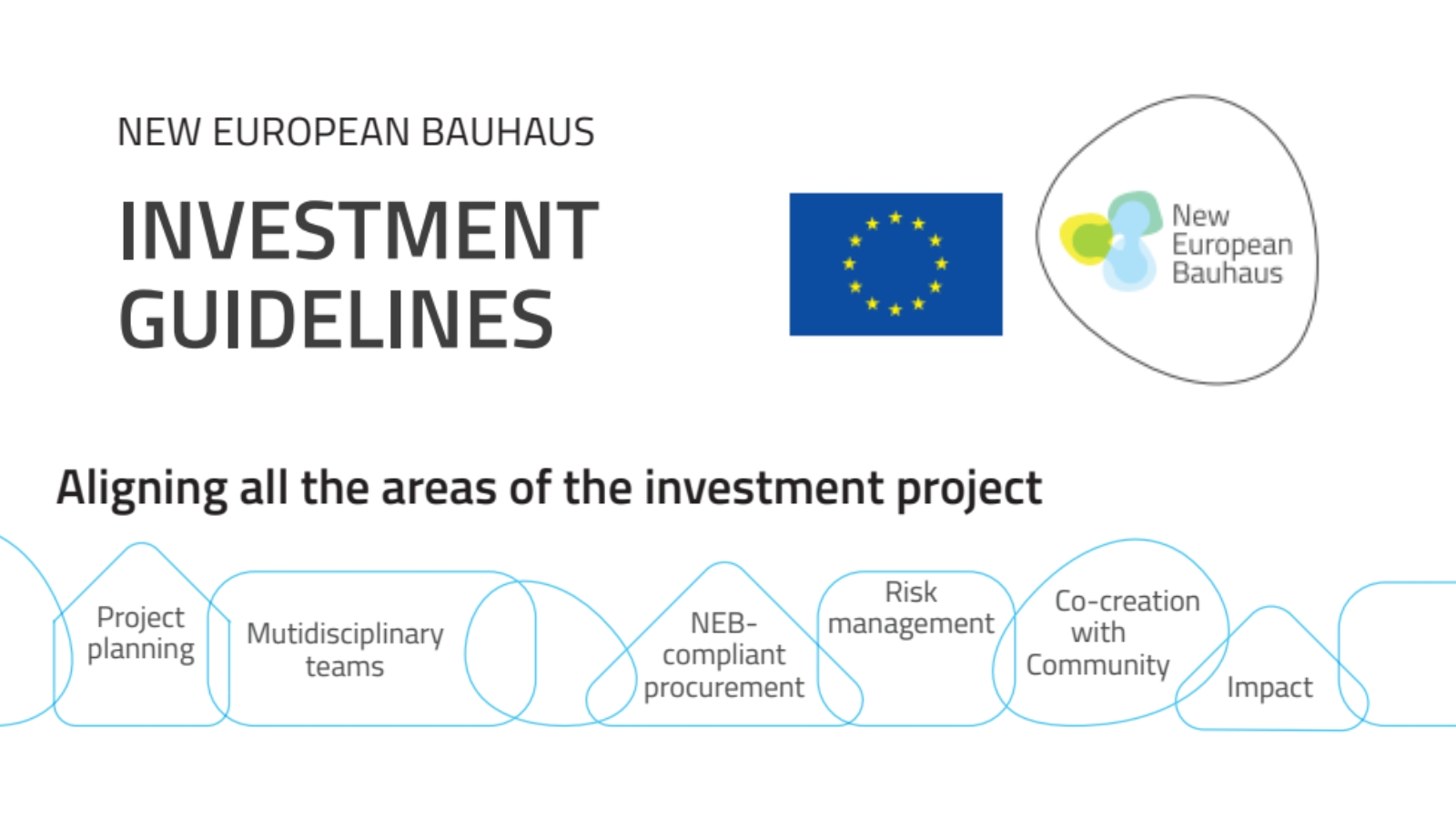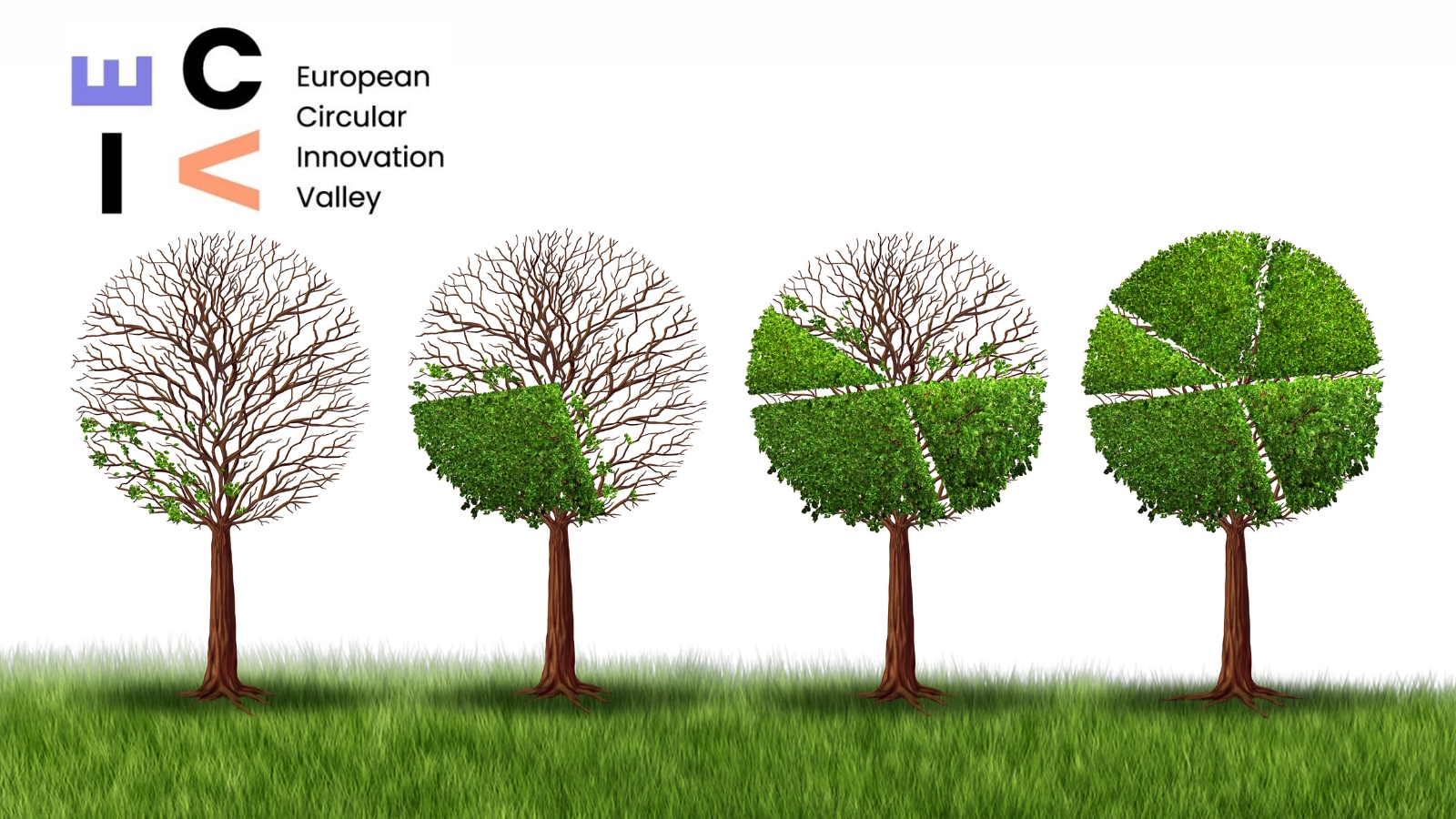“The EU framework for the circular economy is shifting from a policy primarily focused on waste management to a new approach to resource management, focusing on prevention and eco-design of products” This is one of the main conclusions of the ‘4th Cotec Report on Circular Economy’.
“A special report by the European Court of Auditors in 2023 has shown that Member States in the first phase of circular transition have mainly invested in waste management, to the detriment of circular design or sustainable production processes, despite the fact that the design of a product determines around 80% of its environmental impact. However, in a second phase, there seems to be a change in trend, in that more emphasis is being placed on the innovation aspects of the circular economy in the 2021-2027 programming period, in order to effectively direct funding to investments focused on circular design of products and production processes,” the paper details.
In this respect, he mentions, as an example of this change, the proposals for regulations on sustainable product design in the EU market and on construction products”.
Slow transition and far from the targets
Cotec’s report reflects that, “overall, the pace of European progress towards circular transition is slow, even considering the increased efforts made in legislation, financing, research and evaluation, which have been largely reinforced since 2020”.

In the specific case of Spain, “the results obtained so far do not point to good signs for meeting the targets currently set and in the longer term”.
In the case of municipal waste recycling rates, which should have reached 50% by 2020 to meet European targets, “are still well below this target, at 37%, and are also well below the rates achieved by European countries at the forefront of circular waste, which presents a complicated scenario for achieving the new recycling targets for 2025 and landfill waste targets for 2035”.

It can be observed that the circular plans of Spanish cities are particularly focused on waste management and the urban water cycle, although there are more and more examples of cities that are incorporating other visions such as the promotion of reuse, the creation of public-private clusters to integrate companies in aspects such as eco-design or the recyclability of the products they manufacture and market, sustainable public procurement criteria or citizen spaces for exchange and repair”, he stresses.

Empowering consumers
The EU is also putting the spotlight on consumers, with its proposal for directives on empowerment and training. “It aims to combat the widespread practice of greenwashing, ensure consumer information on durability and repairability of products, and prohibit commercial practices that pass on incomplete, vague or unreliable information to consumers,” the study says.
It adds that “the proposal for a directive on “environmental claims” also foresees measures to ensure that consumers receive reliable, comparable and verifiable information. These initiatives are intended to involve consumers in the transition to green production by providing them with practical tools to encourage the sale of green products or products with real environmental protection potential.
ACCESS to the ‘IV Cotec Report on Circular Economy’, in full, here.









